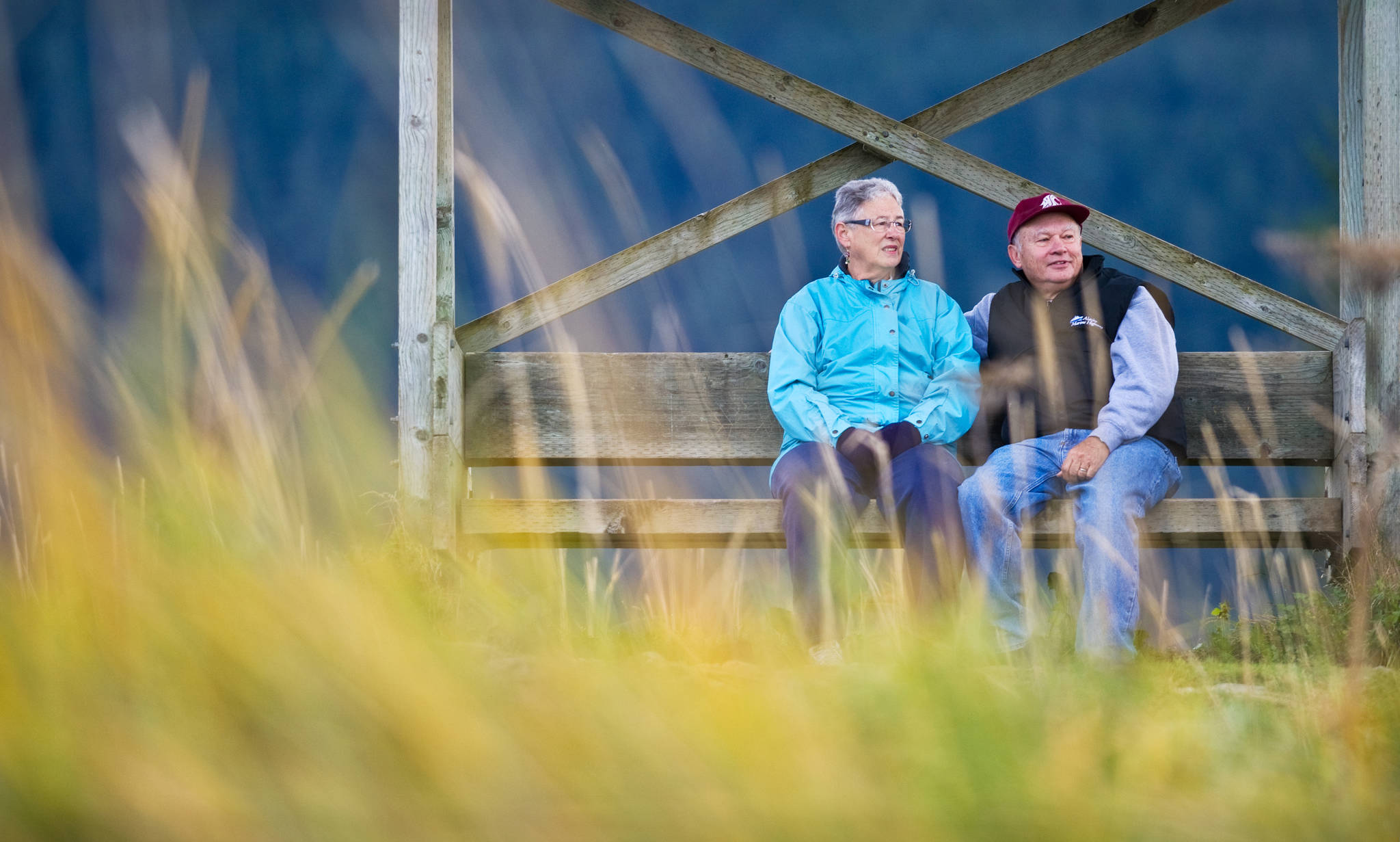I was recently looking back on one of my articles from last year, published a year ago to the day, called 30,000 Maps of Juneau. I’ve never wanted particularly much to revisit an article, especially as a column is by nature not so much an aggregation of material as an ephemeral word of the day. Nevertheless, I keep looking back at 30,000 Maps of Juneau and wondering if I could expand or fill it out in imaginary places in which it feels lacking. After all, 30,000 is a lot!
In the original article, the premise was rather simple. I was talking about memory maps, or the way our mind remembers the layout of a place. An example would be going back to the home of your childhood and realizing it’s much smaller than you remember; your memory map was on a slightly different scale. Personally, I have a whole mental atlas of Juneau and the quirky little side-trails and pull-offs that make it for me. However, I realize now what I was missing.
Let me start off by saying that in a small city, reputation is everything. Or almost everything. Oh, I don’t just mean people. Sure, we may associate the word with a good or bad reputation and possibly a morality tale from our dads. But reputation is so much more than that. For example, when you think of Boulder, Colorado, how do you picture it? Now Detroit. Now Paris. You see, places can hold a reputation just as easily.
How does this all relate to maps? Hold tight — I’m on my way there. So a place-reputation, just like a people one, is somewhere between a legacy and caricature. So the way we choose to make our town decides our legacy, our characterization and our reputation.
For example, I love going disc golfing. I’m terrible, but I love trying to find my lost disks, walking through the forest-filtered sun and eventually giving up by the beautiful wreckage of loamy nurse logs. But to me, the disk golf course also has another reputation — for being a complete mess of public litter. Hundreds or even thousands of bottles, cans, bottle caps, paint, random bits of plastic, and of course about seven of my disks just sit there all year, leaching into the soil and cluttering up the environment. People have decided to make the reputation (or mental map) of that spot “trashed.”
A different kind of reputation would be the downtown food and drink scene. For years, the quality and price of Juneau’s restaurant scene fluctuated within the same predictable parameters. However, many different establishments have been gradually changing the reputation of the food scene in Juneau. Now at the very least it has a feel of a genuinely competitive experience to larger cities down south. People have decided to make the reputation of downtown “delicious.”
So we cannot grow complacent in our self-image. When we make decisions about our town, we are deciding our reputation. And not just among ourselves, but transplants and visitors. We are defining Juneau as an experience.
Another great example is the new Sealaska Heritage Institute building. It’s big, it’s beautiful, and it’s right in the middle of everything. In our memory maps it serves as a reminder of our values by occupying metaphorical space.
My absolute favorite part of this whole idea, about reputation and experiencing Juneau, is my map of all the benches. There are so many trails with little benches on them, for resting, or marking a journey’s end. Several of them were projects by prospective Eagle Scouts. Their legacy, or reputation, is simply one of respite, repose or observation. They didn’t need to be there except someone thought it should exist. It’s a little thing, but I believe that they all contribute to the legacy of a trail, and to Juneau.
Plus, a reputation is something you can benefit from again and again. If we are to be truly critical thinkers in our reputation, we’ve got to look at everything with the eyes of a newcomer.
Think about it — is your map of Juneau one full of whimsical side-roads, little lookouts and quirky spots? Or is it a streamlined and uninviting highway surrounded by nothing? What does our map show about our values, both as cartographers and as a city? And how do 30,000 people each experience the same bench differently?
• Guy About Town appears the first and third Sunday of every month and includes seasonal musings on what changes and what doesn’t in a small town. Guy can be reached at unzicker.music@gmail.com.

